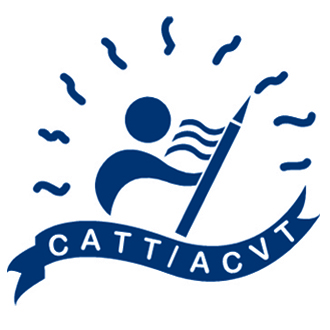
As with many careers today, competition is fierce, and education and training can help you get ahead. Continuous or life-long learning is key in most occupations and industries.
Training for careers in tourism is available in formal programs at secondary schools, public colleges, private training schools and universities. These offer both knowledge and practical training for those seeking tourism careers. Some of these programs include cooperative work experience, which offers the chance to gain and test practical skills on the job. Work experience can also help you to develop a network of contacts and extend the qualifications on your résumé.

At the secondary level, The Canadian Academy of Travel and Tourism (CATT) provides high school students with the opportunity to build the foundation of a tourism career while staying in school and acquiring the skills for post-secondary education, for lifelong learning, and for work in the tourism industry.
Participating schools have access to curriculum resources, student competitions, career presentations, industry certificates, and co-op or volunteer placements.
For post-secondary programs, public and private colleges and universities offer a wide selection of tourism education and training programs. Some of these programs are part-time classes for those who are already working. Some are online courses that can be accessed in the convenience of your own home, at a time that suits you. The number of programs has increased greatly in the past few years; Tourism HR Canada recently launched the SMART Accreditation Program, which is a voluntary program schools can participate in to ensure they meet or exceed industry standards. Those seeking information about specific college or university programs are advised to contact the institution directly or visit its website for current information.

Any position in any sector requires some on-the-job training. Once you are hired, you will likely receive an orientation session and some ongoing training from your employer. Training may be formalized (i.e., the employer arranges for or teaches an established program in a classroom setting) or may be more informal, meaning you learn as you go by asking questions of a peer support person or by job shadowing (i.e., follow and observe another employee while she works). With the introduction of a work-from-home structure, many companies are learning how to execute virtual training through the use of modules, meetings and documents.
At any point in your career, you can seek out training programs that will help you gain greater understanding in and enjoyment from your work. Your employer may offer courses, workshops, time, and/or financial support so that you can develop professionally.
Professional associations may offer workshops, seminars or apprenticeship programs. Your regional tourism education council may offer seminars or have information on upcoming training events. They also offer emerit Tourism Training products and programs, which include national occupational standards, online and workbook training, and professional certification for over 40 occupations in the tourism sector. Please visit the emerit website or call 1-800-486-9158 to find out more about training options for you.
